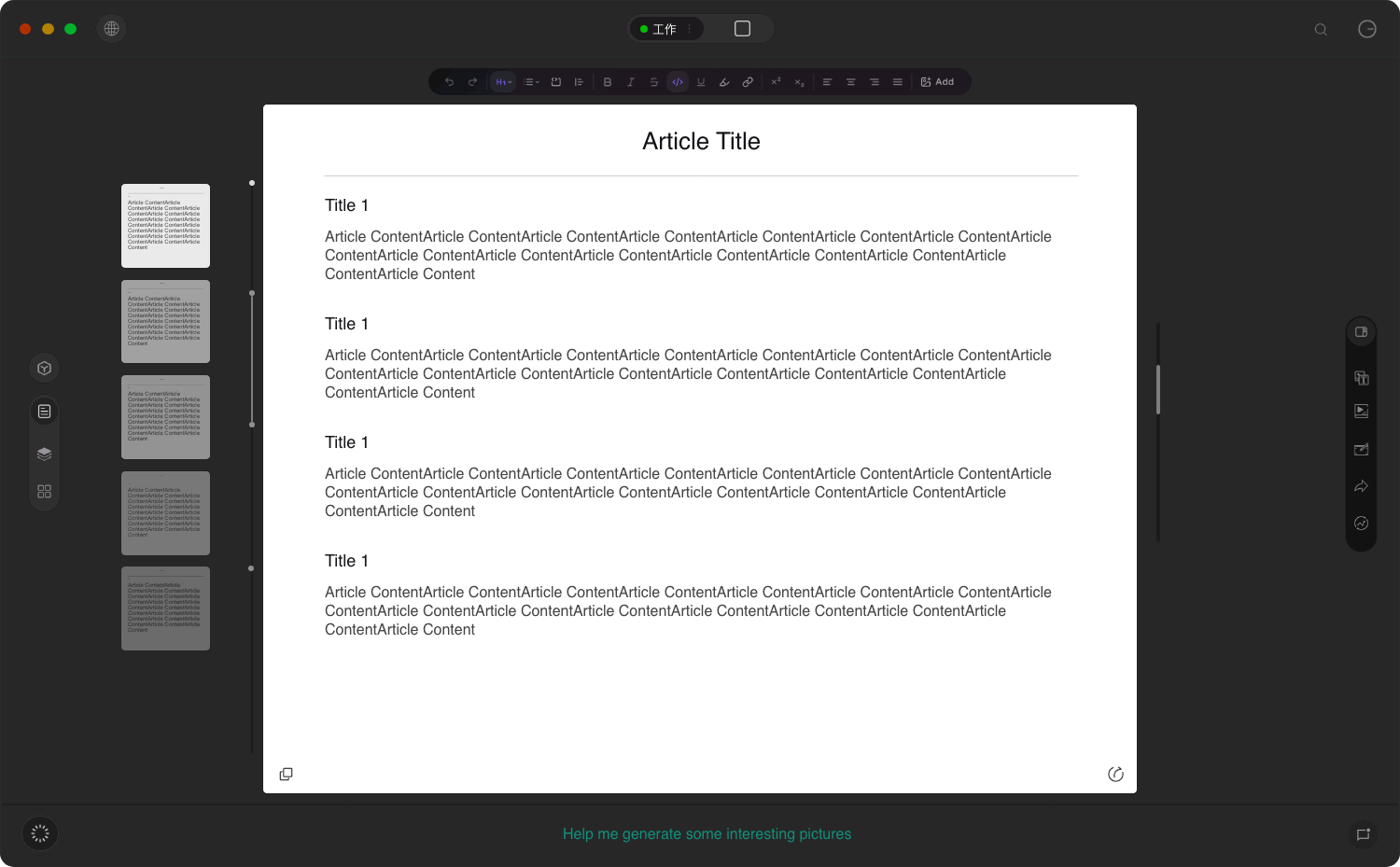The rapid advancement of artificial intelligence (AI) has significantly influenced various sectors, paving the way for the future of AI operating systems. These systems promise to revolutionize the way we interact with technology, making them more intuitive, responsive, and efficient. As we envision this future, it’s essential to explore the role of AI in machine translation, automated task delegation, and how these components fit into the broader landscape of AI operating systems.
. AI operating systems, unlike traditional systems, are designed to learn from user interactions and data input. This capability allows them to optimize their performance, predict user needs, and adapt to various environments effectively. As technology evolves, the integration of AI into operating systems is set to become a game-changer, empowering users with sophisticated tools that meld seamlessly into daily tasks and workflows.
. One critical aspect of this transformation is the application of AI in machine translation. Historically, language translation tools have evolved from simple rule-based translations to more complex models that leverage neural networks. The introduction of AI-powered machine translation systems has led to significant improvements in translation accuracy and fluency. These systems analyze vast datasets, learning from context and nuances that were previously challenging for traditional translation methods.
. The future of AI operating systems will likely incorporate advanced machine translation capabilities as part of their core functionalities. This integration could revolutionize communication barriers, enabling real-time translation across various applications. Employees working in multinational corporations could communicate effortlessly with colleagues in different regions, breaking down linguistic barriers and fostering collaboration.
. In addition to improved communication, AI machine translation systems can be tailored to specific industries, offering contextual accuracy and relevance in technical jargon. For instance, legal documentation, medical records, and marketing materials often use specialized language that requires a deep understanding of the context. AI operating systems equipped with industry-specific machine translation can deliver accurate and relevant translations, allowing businesses to operate on a global scale without the fear of miscommunication.
. Another exciting aspect of the future of AI operating systems is the concept of automated task delegation. In professional environments, employees often juggle multiple tasks, which can lead to decreased productivity and increased stress. AI operating systems have the potential to revolutionize this by intelligently delegating tasks based on employee availability, skill set, and workload.
. Imagine a scenario where an employee is inundated with work. An AI-powered system can analyze the current workload, detect signs of stress or burnout, and then intelligently delegate less critical tasks to another team member who has the capacity to take them on. This ensures that projects maintain momentum without overwhelming individual employees.
. Moreover, automated task delegation can extend beyond individual workloads to entire teams. For example, project management tools that leverage AI can analyze the collective output of team members, prioritize tasks based on deadlines and importance, and seamlessly assign responsibilities to ensure optimal progress. This “smart delegation” could increase efficiency and improve project outcomes, allowing teams to focus on what really matters — innovation and collaboration.
. The integration of AI in operating systems, particularly in machine translation and automated task delegation, reflects a broader trend towards more intelligent, adaptive technology. As businesses increasingly rely on effective communication and collaboration, these features become indispensable.
. However, the rise of AI in operating systems does come with its share of challenges. One issue is the potential for bias in AI algorithms, particularly in machine translation. If the training data reflects cultural biases, these biases may inadvertently transfer into the translations provided by AI systems. Continuous monitoring and refining of AI learning processes will be required to mitigate these risks and ensure that translations are fair and accurate.
. Additionally, there is a need for transparency in how AI systems operate. Users must thoroughly understand the decision-making processes of AI systems, especially regarding automated task delegation. If team members are unsure why a task was assigned to them or someone else, it can lead to confusion and potential conflicts. As the technology develops, establishing clear communication about AI functions will be crucial.
. Furthermore, businesses must ensure they strike the right balance between automation and human oversight. While AI can significantly enhance efficiency, it is equally important that human intuition and creativity are leveraged. By merging the strengths of AI-powered operating systems with human abilities, organizations can forge a powerful synergy that drives innovation and productivity.
. The industry’s outlook for AI-driven operating systems is optimistic, with numerous applications emerging across different sectors. In healthcare, AI can aid in diagnostics and treatment recommendations, utilizing operating systems equipped with advanced data analysis capabilities. In finance, these systems can simplify complex transactions and enhance security protocols while providing real-time insights based on data trends.
. The evolution of AI operating systems also raises intriguing questions about the future of work. As AI systems become more adept at handling routine tasks, there could be a shift in the types of jobs available and the skills required to succeed. This transitional phase will necessitate strategic workforce planning and continuous training programs, enabling employees to adapt to the evolving demands of their roles.
. In conclusion, the future of AI operating systems promises to redefine how we interact with technology. The integration of advanced machine translation capabilities and automated task delegation stands at the forefront of this evolution. While there are challenges to address, the benefits of such systems are significant, from improved productivity to enhanced communication. As we approach this unprecedented future, organizations must navigate the developments thoughtfully, embracing the changes while ensuring ethical practices and robust safeguards are in place.
. By championing the collaboration between AI and human skills, businesses will not only thrive but also cultivate an innovative culture primed for success in a highly digitalized world. The journey into the future of AI operating systems is just beginning, and the prospects are as exciting as they are transformative.
